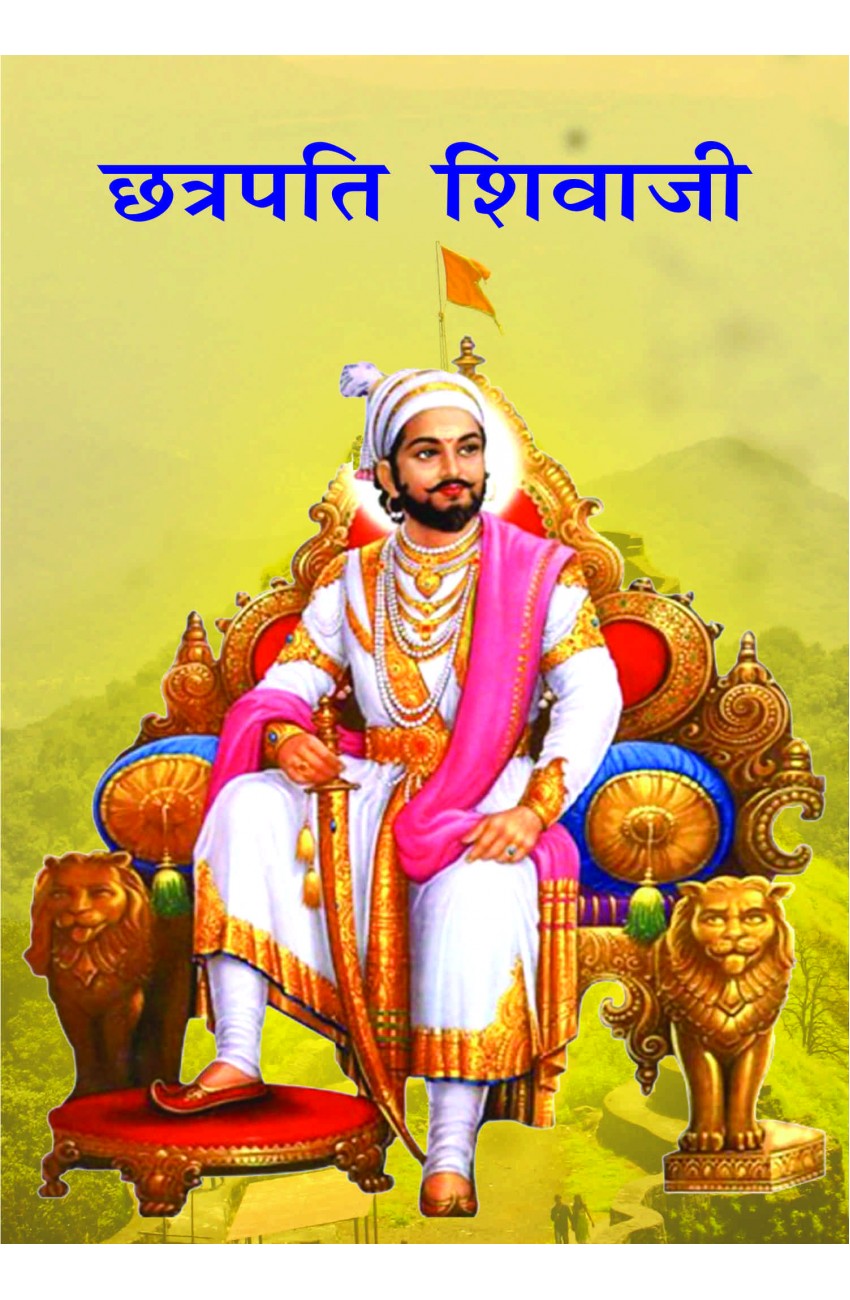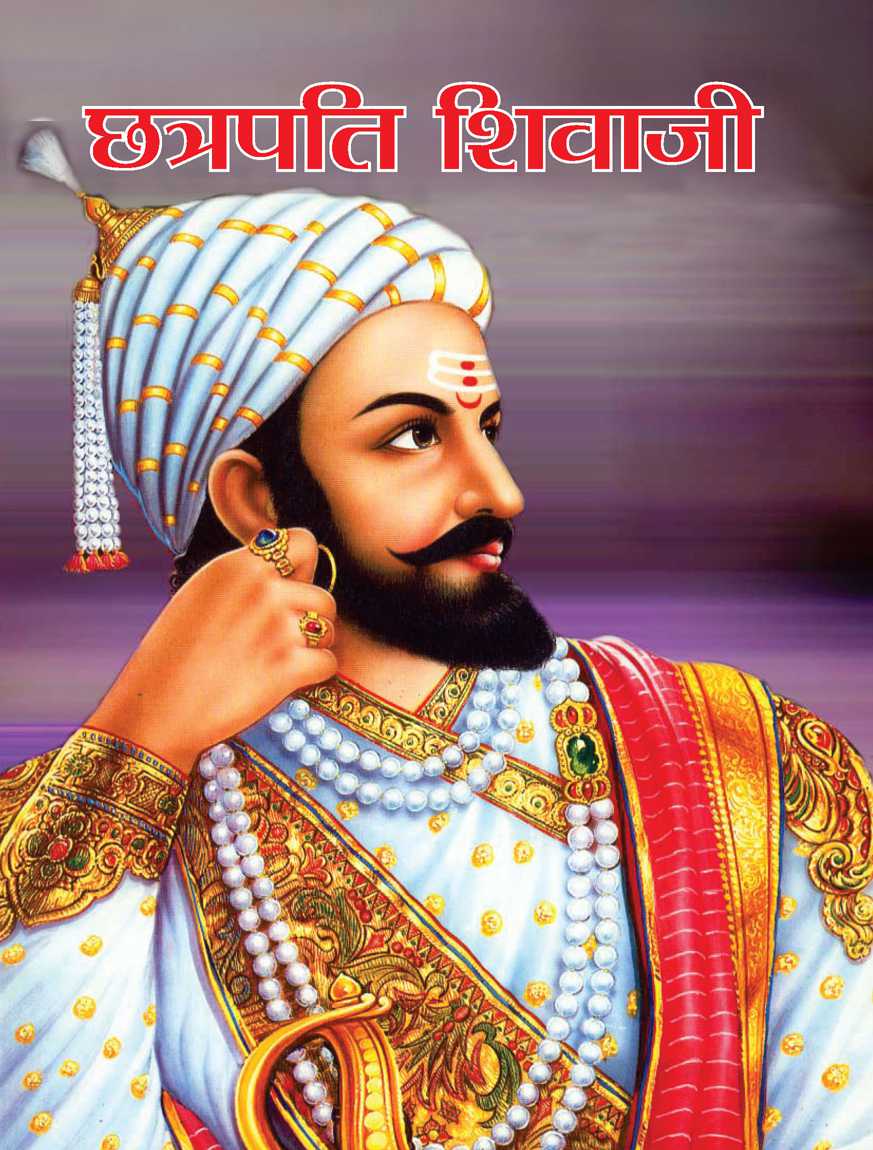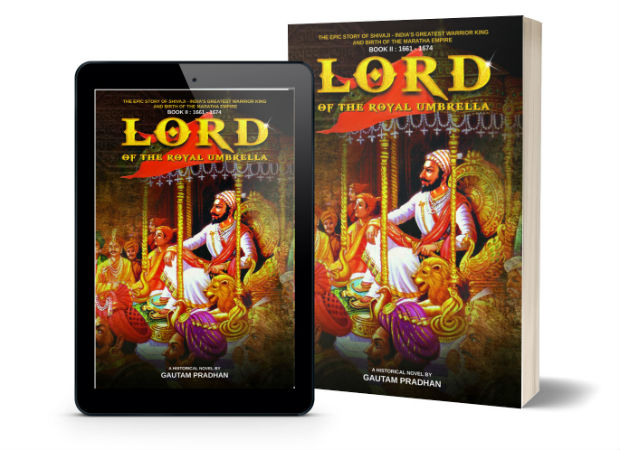


Read Poetry of Ghalib: Diwan-E-Ghalib(Urdu-Hindi-Roman & English) book reviews & author details and more at The Taste of Words: An Introduction to Urdu Poetry by Raza Mir Paperback Rs. He never had books of his own, usually reading borrowed ones. His original.Ĭomplete History of Mirza Asad Ullah Khan Ghalib in the tradition of all classical Urdu poets, was born in the city of Agra, of parents with Turkish aristocratic. His original name was Mirza Asadullah Baig Khan. Mirza Ghalib was a famous Urdu and Persian poet of the Indian subcontinent in the 19th century. Ogni tuo desiderio, uscito di recente in libreria, si prospetta dunque come un nuovo successo di questo genere. Ogni tuo desiderio di Logan Belle in Anteprima L’autrice de E Adesso Guardami, Logan Belle, torna sul palcoscenico con un nuovo romanzo erotico dai toni decisamente poco soft. Nonton film brave subtitle indonesia kingsman. Matrix interior manual 27 celestial portals pdf converter mecanica de suelos juarez badillo tomo 2 pdf gratis e adesso guardami di logan belle pdf to word. Shivaji is a well-known hero in western India.Please, help me to find this qad kafani ilmu rabbi pdf printer. He defied Mughal power in the seventeenth century, established an independent kingdom, and had himself crowned in an orthodox Hindu ceremony. The legends of his life have become an epic story that everyone in western India knows, and an important part of the Hindu nationalists' ideology. To read Shivaji's legend today is to find expression of deeply held convictions about what Hinduism means and how it is opposed to Islam. James Laine traces the origin and development if the Shivaji legend from the earliest sources to the contemporary accounts of the tale. His primary concern is to discover the meaning of Shivaji's life for those who have composed-and those who have read-the legendary accounts of his military victories, his daring escapes, his relationships with saints. In the process, he paints a new and more complex picture of Hindu-Muslim relations from the seventeenth century to the present. He argues that this relationship involved a variety of compromises and strategies, from conflict to accommodation to nuanced collaboration.


Neither Muslims nor Hindus formed clearly defined communities, says Laine, and they did not relate to each other as opposed monolithic groups.


 0 kommentar(er)
0 kommentar(er)
